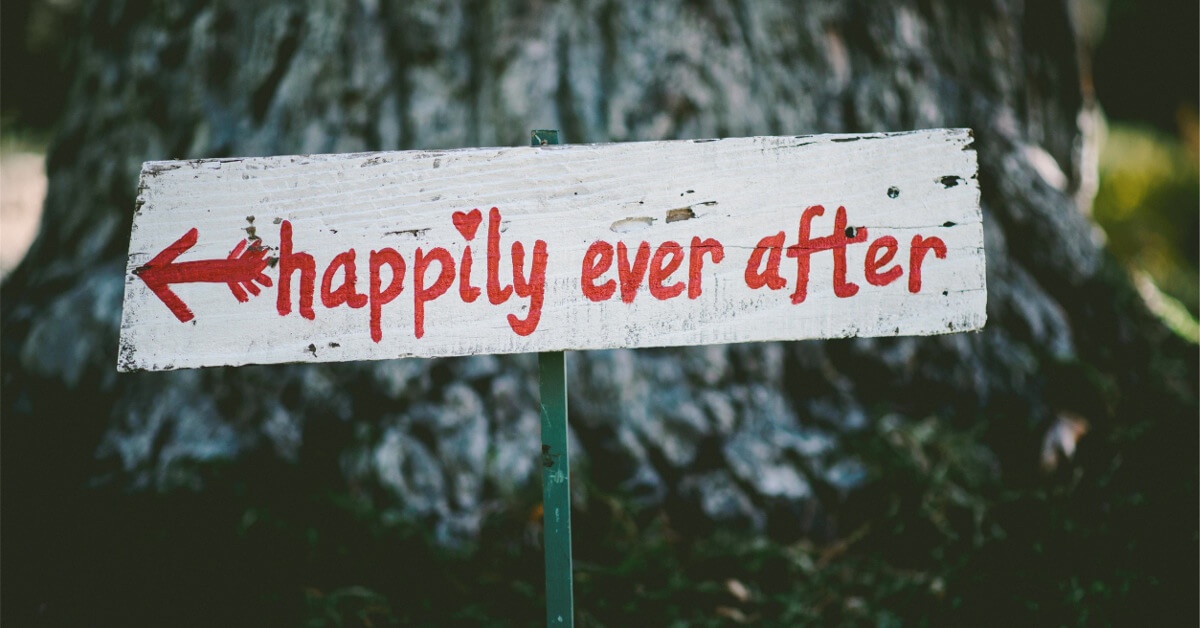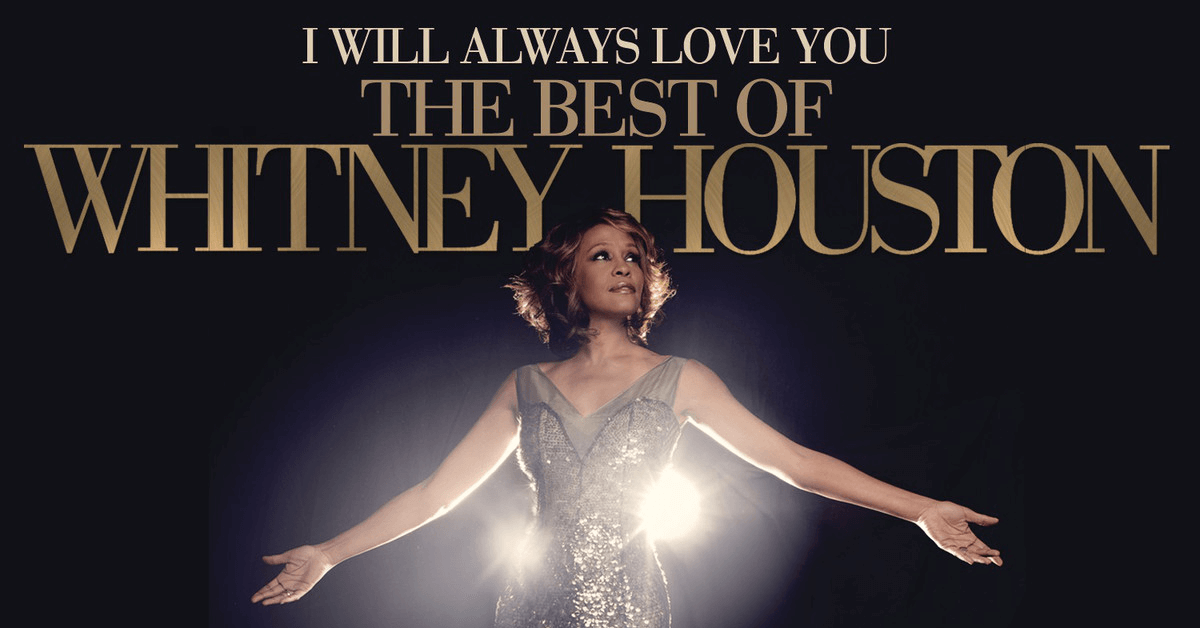Every so often someone writes an article about the plight of singles in America. It seems everyone wants to be married; they just don’t want to be married to anyone they know. It’s interesting to hear the issue discussed in both Christian and secular circles. While the specific diagnoses and proposed solutions differ, there does seem to be general agreement that an unprecedented number of singles in their 20’s and 30’s would like to be getting married but, for one reason or another, aren’t.
Of course, there are many reasons for this phenomenon, but one root cause that’s often mentioned is the never-ending quest to find The One: the perfect match, the one who completes you like two strands of music that run together in a perfect harmony. I’m male, so I picture it in geometrical terms: two equations so perfectly matched that their graphs will run together, no matter how far the line extends. (What did guys do for pickup lines before Euclid?) On the most popular dating websites, eager members fill out batteries of questions that dwarf most psychological tests, all carefully analyzed by computer algorithms to find your perfect match! We’re so committed to finding the right person that we demand no less than Google as our Yenta.
My point here is not to argue that we ought to swing to the other extreme and immediately dive into marriage with the nearest breathing organism that loves Jesus and has human DNA and a complementary pair of X or Y chromosomes. Nor is it to suggest exactly what balance should be struck between being too picky on the one hand, and being discerning and careful in our choice of the person with whom we pledge to spend the rest of our lives, on the other. If we stipulate, however, at least that it seems American culture in general has swung too far in the direction of “overly picky,” I wonder to what extent such a tendency is generated or reinforced by a lack of confidence in our ability to make marriage work.
If I’m buying a vehicle to take with me to a desert island and I have none of the mechanical knowledge necessary to maintain or fix it, it suddenly becomes tremendously important that I buy one that will never break down. If I take marriage seriously, and really mean it when I say “for better, for worse, for richer, for poorer, in sickness and in health, until death do us part,” but simultaneously realize that on a very basic level I truly don’t know how to maintain or fix the life-long relationship I’m embarking upon, I’d better find the girl who’s such a perfect fit that my marriage will never break down. If those two lines on the graph start to diverge; if the tune falls out of harmony, and I don’t know what to do, that’s it. It’s over.
And so we continue our dogged hunt for something that does not exist, unwilling to accept the truth that no human hands can draw two perfect graphs or play a ceaseless harmony without error. Cinematic romances end with the ride off into the sunset because even the most brilliant screenwriter would struggle to maintain the alchemic fiction that promises lifelong happiness to those who can just find the right ingredients.
In reality, of course, the most important moment for securing the health of any marriage is this one, not some past point when the lucky pair each found their soulmate in the other. We must learn to bend the graphs, to blend the parts into harmony; to become soulmates more and more. If that knowledge has slipped from our cultural store, though–if we are no longer confident in our ability to make marriage work–then it’s not hard to understand those young singles who are reluctant to accept what must appear to be a gamble with nearly impossible odds.




